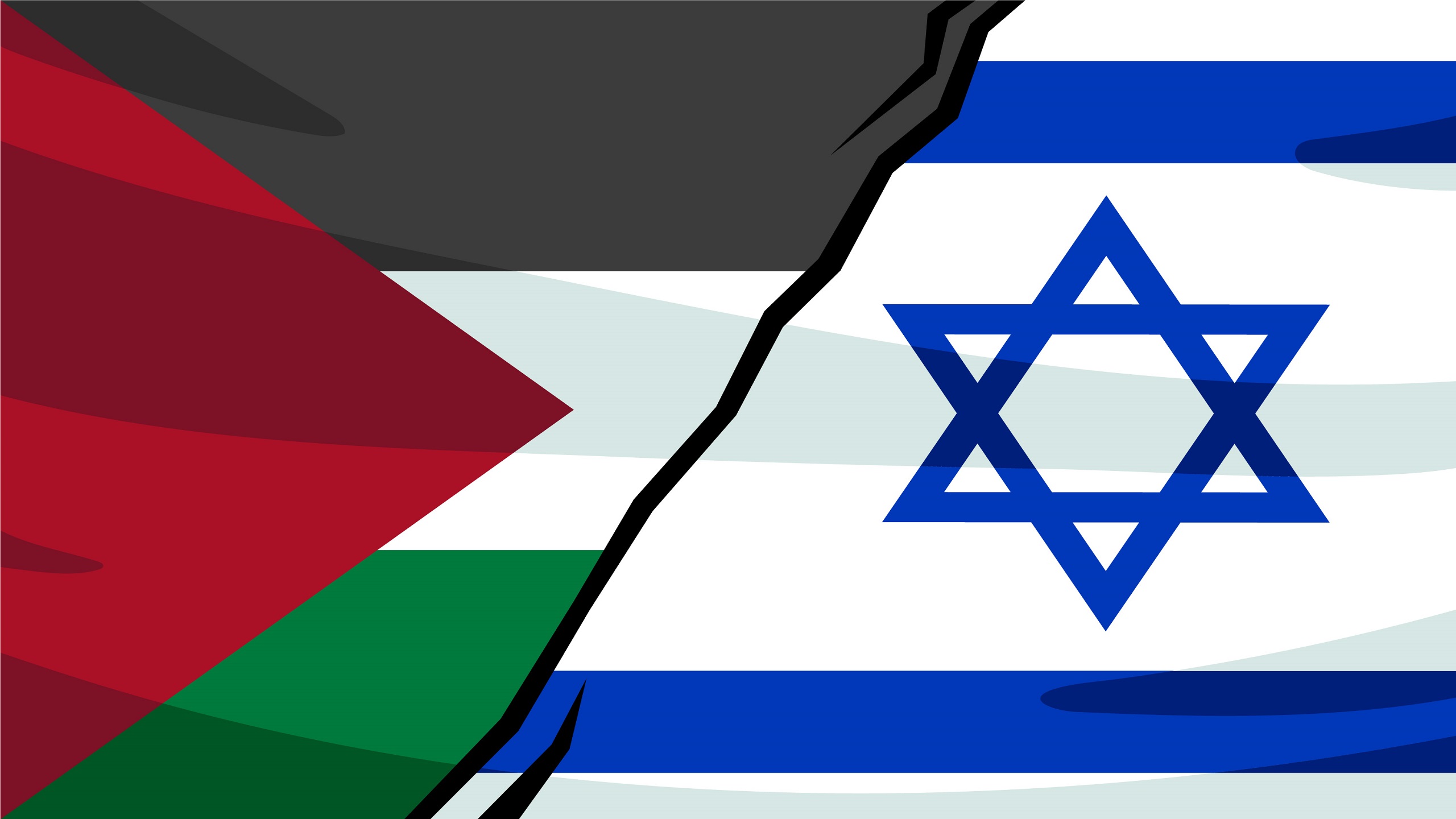The 2-State Solution
Al-Ahram, Egypt, April 25
This opinion piece serves as an opportunity to engage in critical thought. For a long time, the proposed solution to the Palestinian issue revolved around the debate between a one-state and two-state solution. However, this debate seemed futile as neither Palestinian nor Israeli politicians truly believed in either option due to the internal conflict it would bring. In reality, the region from the Jordan River to the Mediterranean Sea was effectively a single state, controlled by Israel through force, favoritism, and racial bias. There is skepticism that a state controlled by Hamas or Fatah would differ significantly. Throughout history, the weight of past suffering has clouded our ability to find a viable solution, leaving us to rely on time for a miraculous breakthrough. Thankfully, there is now a global consensus supporting the two-state solution, with Western nations, and African, Asian, and Latin American countries showing readiness to recognize an independent Palestinian state. However, the journey towards this goal will demand thoughtful deliberation to ensure a resolution that upholds the rights to life, security, and prosperity for all parties involved. The world has witnessed two major conflicts characterized by intense animosity and profound implications for life and death. In Europe, simmering tensions since the Napoleonic Wars erupted into the cataclysm of World War I and World War II. Following this devastation, the European Union project emerged from careful contemplation, offering a glimmer of hope for lasting peace and cooperation. While Europe’s story continues, the prospect of a return to deadly conflicts appears increasingly unlikely. In Asia, post-World War II divisions in Korea, Vietnam, and China fueled further conflicts, culminating in the Vietnam War and a turbulent era. However, a turning point arrived in 1978 with the rise of the Asian Tigers and the inception of the ASEAN initiative, paving the way for unprecedented prosperity, economic growth, and trade. As the forces of globalization swept across the region, these countries found themselves well-prepared to emerge as leaders in a changing world order. Recognizing the strategic shift towards Asia, the United States has positioned itself to embrace this future as the key to global progress. —Abdel Moneim Saeed (translated by Asaf Zilberfarb)
This holiday season, give to:
Truth and understanding
The Media Line's intrepid correspondents are in Israel, Gaza, Lebanon, Syria and Pakistan providing first-person reporting.
They all said they cover it.
We see it.
We report with just one agenda: the truth.



